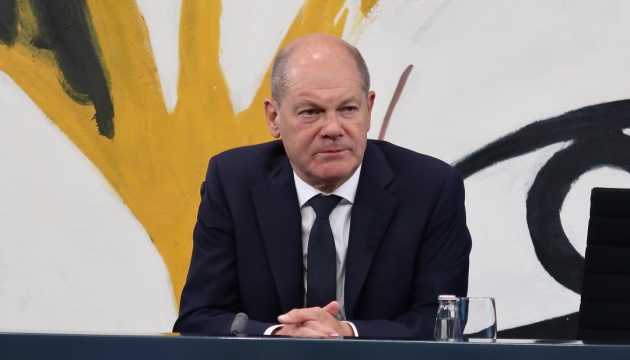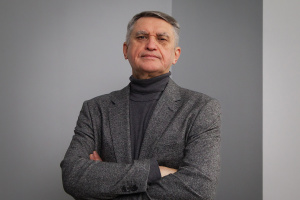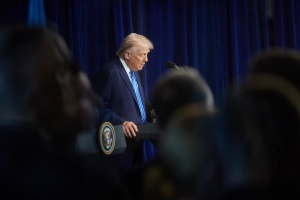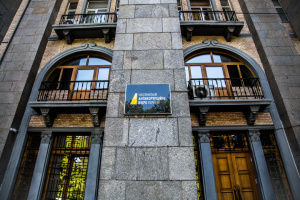
Scholz calls for European solidarity
German Chancellor Olaf Scholz said this at a press conference following the informal meeting of EU leaders in Granada, Spain, an Ukrinform correspondent reports.
"Germany will be forced to continue providing support to Ukraine in the years to come if the war grinds on for years," the chancellor said.
He noted that it is bitter to see how Russia is waging the war, as evidenced by the terrible attack on a village café in Kharkiv region. This clearly confirms why it is necessary to continue supporting Ukraine, the politician emphasized.
Europe is suffering because of Russia's war of aggression against Ukraine, which has disrupted the consensus on the continent's security architecture that national borders should no longer be altered by force. Therefore, it is important to support Ukraine, and also remain in solidarity because Putin continues to test Europe, said the head of the German government.
But the implications of the war are felt far beyond the borders of Europe, Scholz said, calling on Russian President Putin to reinstate the Black Sea Grain Initiative.
"It is bad that the initiative, which functioned so well, was broken only because the Russian president stopped supporting it and did everything to tackle it," the chancellor said. At the same time, European Solidarity Lanes are currently seen as useful, he added.
Scholz also commented on another Russian statement about plans for nuclear tests, while noting that the topic was not discussed at the meeting.
"It is known that Russia is constantly increasing its nuclear potential... And they always declare this very loudly. Why they do so is unclear. But in the end, there is nothing new in what is happening now. This is one of many depressing decisions by the Russian president to gradually withdraw from all arms control agreements. This is not a good development for the world," the chancellor of Germany said.
It should be recalled that an informal meeting of heads of state and government of 27 EU member states took place on Friday in the Spanish city of Granada, where they earlier met in an extended circle with colleagues from countries that are not part of the European Union. Among the participants was President Volodymyr Zelensky of Ukraine, who held a series of bilateral meetings on the conference sidelines.




